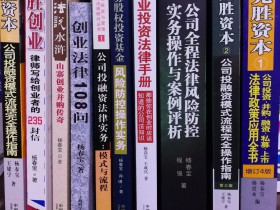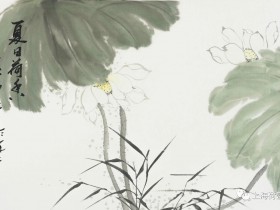China's intellectual property legislation (including Patent Law, Trademark Law and Copyright Law) stipulates that infringement of intellectual property rights (IPRs) can be dealt with by administrative procedures or legal proceedings. In terms of civil liabilities, the infringer may be ordered to stop the infringing act, eradicate the damage done, make public apologies or compensate for damages. In terms of administrative measures and criminal liabilities, they include warnings, orders to stop the infringing act, confiscation of unlawful gains, fines, and compensation for damages.
1 Legal Proceedings
When an IPR infringement dispute arises, the infringed party may take actions against the infringer directly with the people's court (generally an intermediate people's court) at the place of the infringer's domicile or where the infringing act takes place. An interested party may request the temperary order from the people's court to stop the infringing act before legal action if he finds that due to emergency circumstances any delay to stop the infringing act may cause irreparable damages to his legitimate rights. In IPR infringement cases, if the infringer is convicted, he will be made to bear civil liabilities for the infringing act.
2 Administrative Procedures
When an IPR infringement dispute arises, the interested party may request the relevant administrative authorities at county-level and above at the place of the infringer's domicile or where the infringing act takes place to handle the case. In making a request for the administrative authorities to handle an infringement dispute, the interested party should submit a written request, proof of his right, and evidence of the infringing act.
The administrative authorities responsible for handling copyright disputes will make a decision whether a complaint will be processed within 15 days upon receipt of the request and inform the applicant of its decision. A written explanation will be given to the applicant if the decision is negative. The administrative authorities responsible for handling patent disputes will, after examining a request, make a decision whether the complaint will be processed within seven days upon receipt of the request. If the decision is negative, the applicant will be given a written explanation within seven days.
Where an interested party is dissatisfied with the administrative punishment decision made by the administrative authorities, he may, within three months from receipt of the notification of the decision, institute administrative proceedings with the people's court in the place where the administrative authorities are located. or he may, within 15 days from receipt of the notification of the decision, apply to the local people's government or the administrative authorities at a higher level for reconsideration of the decision. The authorities concerned should decide within 10 days whether to handle the case. If positive, a decision on the reconsideration should be made within two months from receipt of the application for reconsideration. If the interested party is dissatisfied with the decision on the reconsideration, he may, within 15 days from receipt of the notification of the decision, institute administrative proceedings with the people's court. If no proceedings are instituted and the decision is not performed at the expiration of the specified period, the administrative authorities may request the people's court for compulsory execution thereof.
The competent administrative authorities may order the infringer to pay for damages based on the request of the applicant. The interested parties may resort to mediation. If mediation is not a preferred option, or mediation has failed, or one of the interested parties refuses to abide by the outcome of mediation, legal proceedings may be instituted with the people's court.
3 Calculation of Compansation
The amount of compensation for infringing a copyright is calculated according to the direct damages caused by the infringement and reasonable fees incurred by the copyright holder in investigating and stopping the infringing act. The amount of compensation for infringing a trademark is calculated based on the proceeds derived by the infringer through the infringement during the infringement period or the damages suffered by the infringed party during the infringement period. The amount of compensation for infringing a patent is calculated according to the damages suffered by the patentee or the proceeds derived by the infringer through the infringement. Where it is difficult to determine the damages suffered by the patentee or the proceeds derived by the infringer, the amount of royalty for the patent may be used as the base for calculation.




